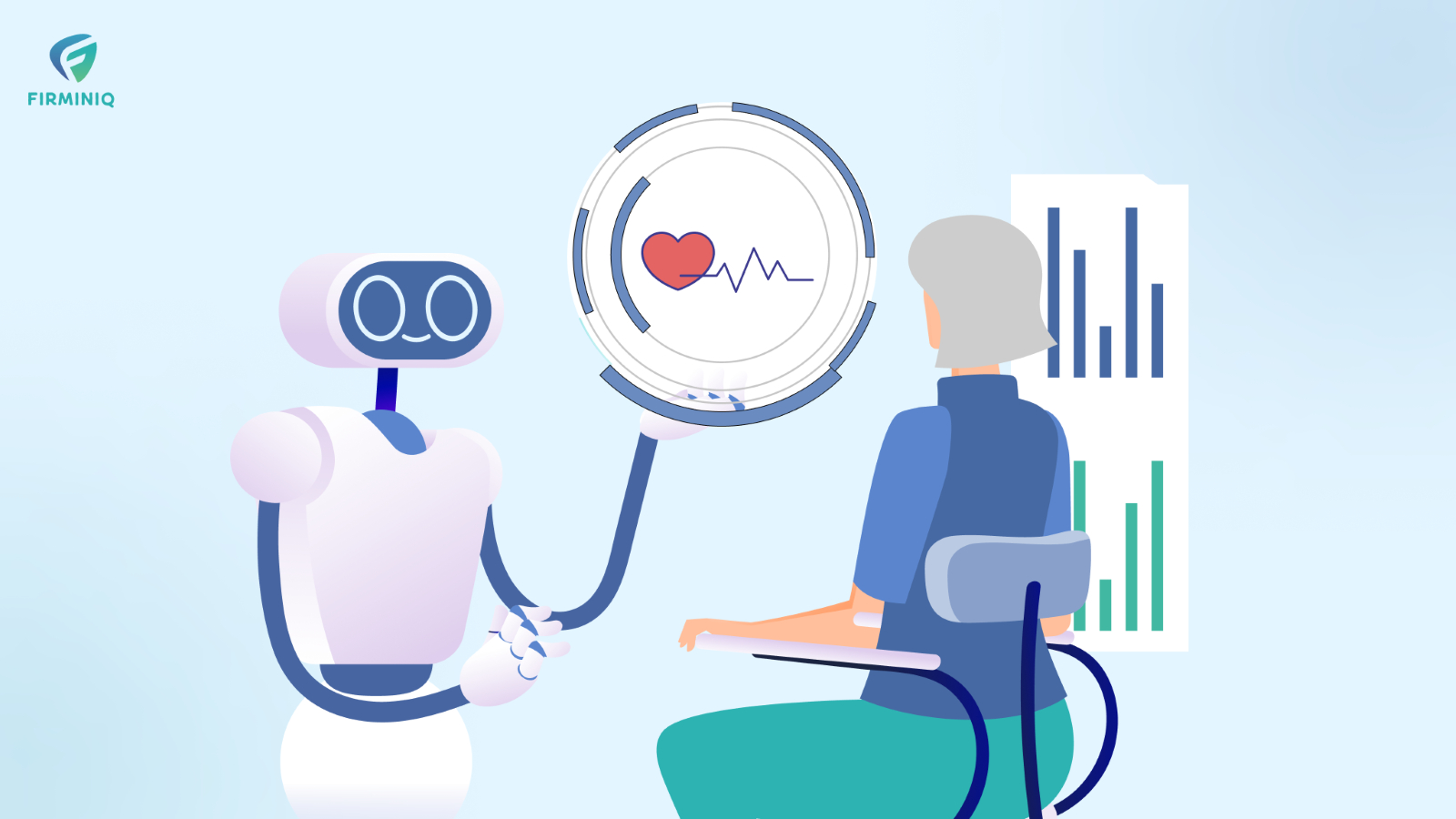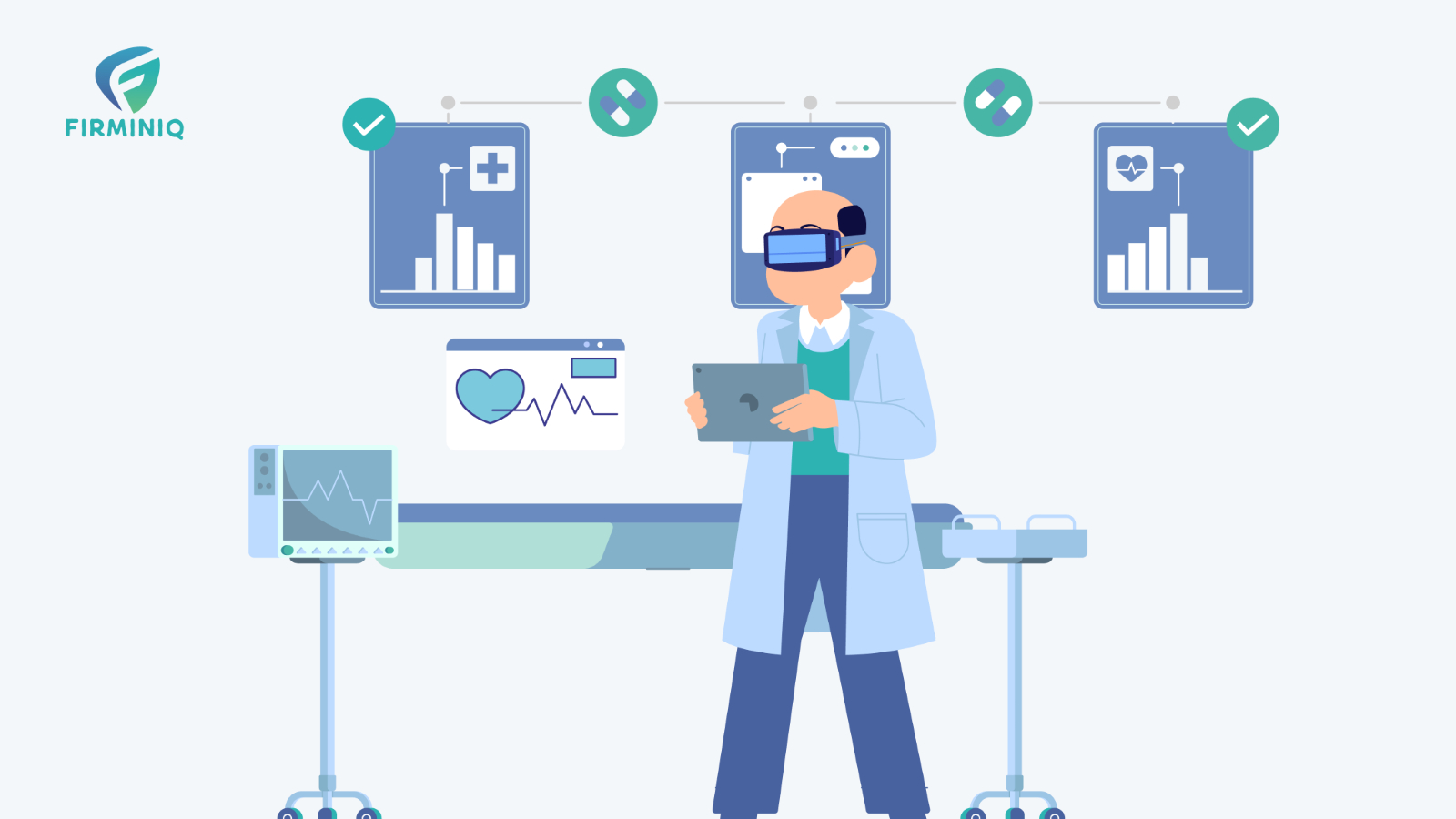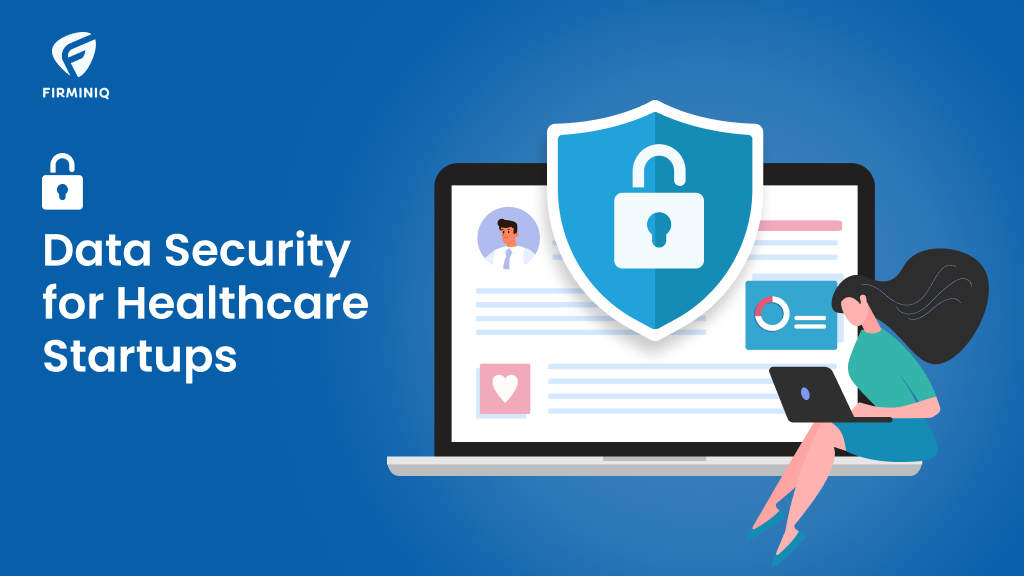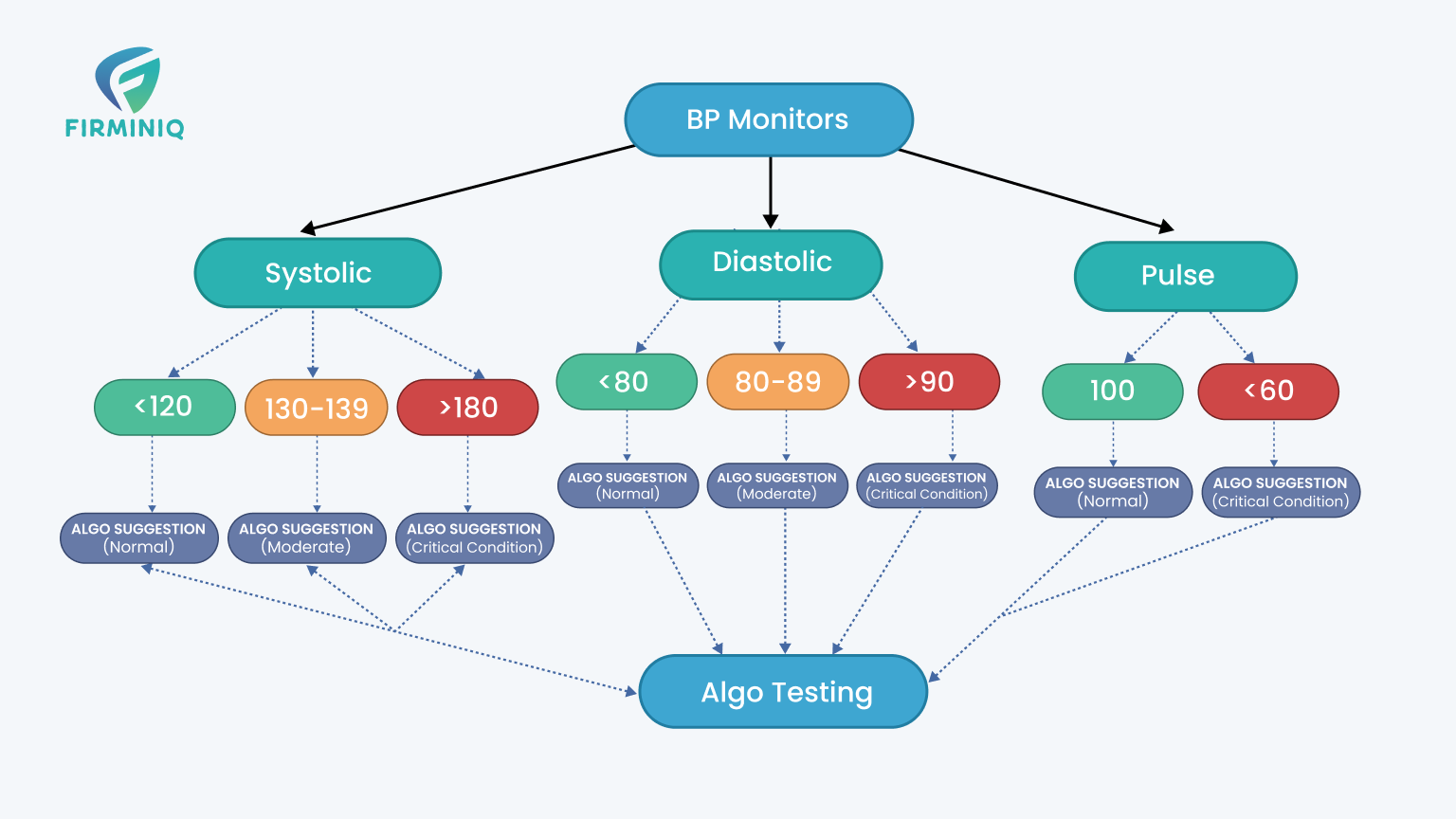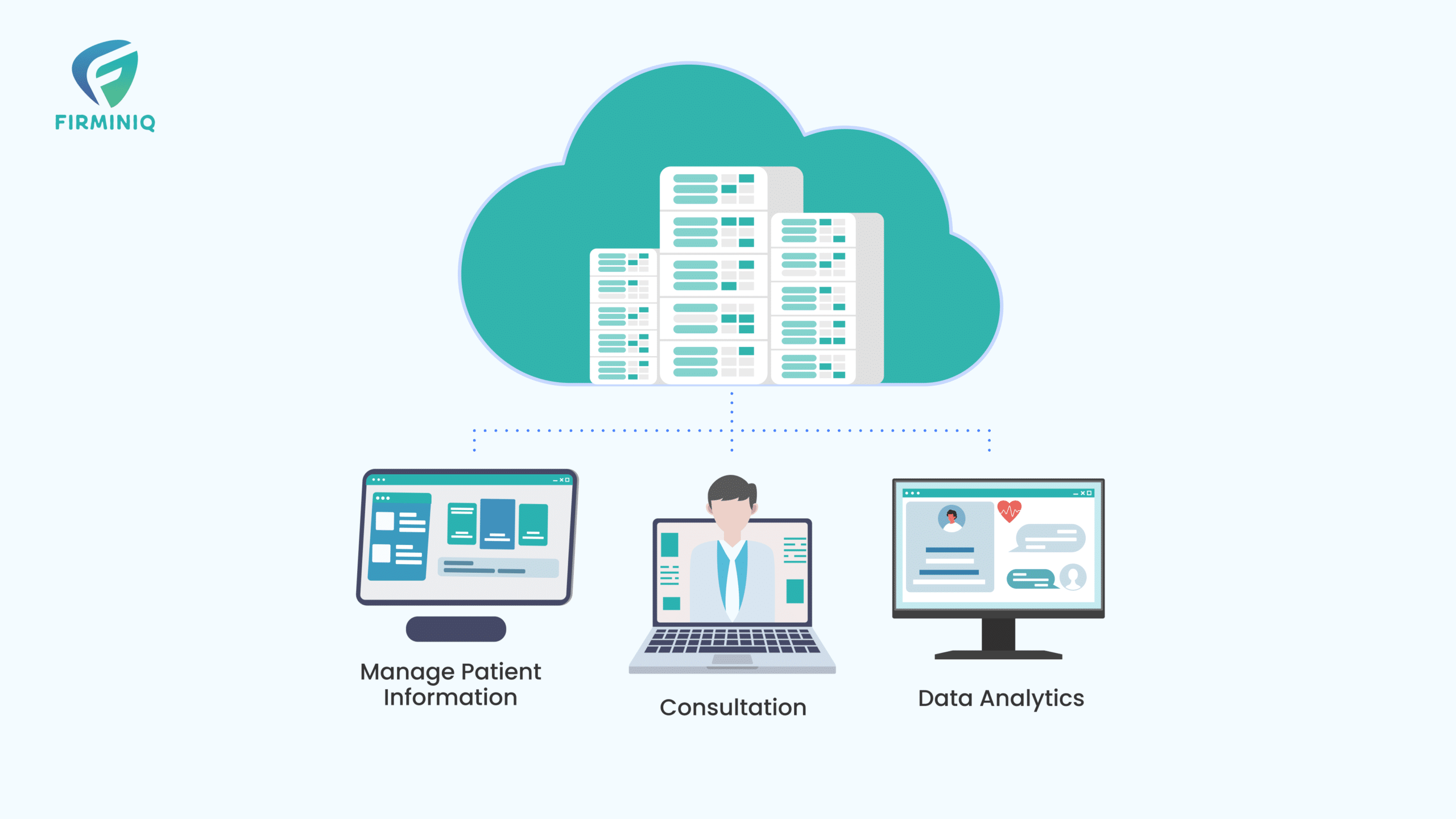Primary care plays a vital role in managing chronic diseases and delivering preventive care. However, there are a plethora of challenges primary care physicians face including work overload, administrative burden, and more.
However, Artificial Intelligence proves to be a game-changer and is an emerging powerful tool that addresses complexities, while offering solutions that improve patient outcomes and support clinicians.
A Deloitte survey found that about half (53%) of consumers believe generative AI will improve access to healthcare, while a further 46% think AI will make healthcare more affordable for ordinary Americans.
As AI continues to evolve, its role in primary care continues to rise, reshaping the delivery of healthcare in ways that benefit all the stakeholders. In the blog, let’s explore how AI is helping streamline and simplify the biggest healthcare challenges in primary care.
How AI is Streamlining Primary Care for Better Patient Outcomes
Below is a breakdown of the challenges primary care faces, followed by the ways AI helps tackle these issues for improved patient outcomes.
1. Administrative Burden for Physicians
Challenge
“Nearly a third of physicians said they spend 20 hours or more a week on paperwork and administrative tasks, according to the Medscape Physician Compensation Report. –JAMA Network
The administrative burden on healthcare professionals is overwhelming and they spend too much time on paperwork. This clearly affects the patient interaction time and may lead to burnout. As healthcare complexity grows, providers face increasing pressure to manage clinical documentation, billing, and more.
Solution
Natural Language Processing (NLP) allows primary physicians to automatically document clinical interactions reducing the administrative burden while allowing them to dedicate more time to patient care.
UCSF Health has partnered with Ambience Healthcare, to use its AI scribe service. This technology listens to clinical visits and generates documentation in real-time, eliminating the need for traditional human scribes.
2. Chronic Disease Management
Challenge
“A new report from the World Health Organization (WHO) reveals that non-communicable diseases, or NCDs, are claiming around three-quarters of all lives lost each year.”-WHO
With the rise of chronic diseases, primary care physicians face challenges in managing complex treatment plans, tracking patient adherence, and predicting complications, which can be labor-intensive.
Solution
AI enabled Remote Patient Monitoring (RPM) helps manage chronic conditions like diabetes, hypertension, cancer, and others, by tracking data in real-time and sending alerts to physicians about potential complications if they arise.
“AI can take into account the medical health of an individual beyond their diabetes, such as another underlying condition that must be factored into suggestions, recommendations and wellness plans. It’s more of a lifestyle intervention than a medical intervention, but the end goal is the same: better patient outcomes.”- Healthcare IT News
3. Predictive Analytics for Patient Outcomes
Challenge
Primary care providers often face challenges in anticipating potential health declines in patients with chronic or high-risk conditions. The inability to predict deterioration accurately can lead to hospitalizations and increased healthcare costs.
Solution
AI-powered predictive analytics helps transform primary care as it offers physicians with the right tools before the conditions get worse. Analyzing the patterns in patient data, lifestyle habits, and more allows AI algorithms to predict the likelihood of diseases or any complication involved.
For instance, AI-driven models can help physicians analyze patients with hypertension and other cardiovascular conditions. This allows them to tailor the preventive measures as per the patient’s need.
A Kaiser Permanente program called Advance Alert Monitor uses AI and helps prevent emergencies in the hospital before they happen. “Advance Alert Monitor is an advanced program that helps prevent emergencies in the hospital before they happen. Every hour, the program automatically analyzes hospital patients’ electronic health data. If it identifies a patient at risk of serious decline, it sends an alert to a specialized virtual quality nursing team which then reanalyzes the data to determine what level of on-site intervention is needed.”
4. Improving Medication Adherence
Challenge
Adhering to the medications recommended by physicians is critical in helping manage the patient’s conditions, especially chronic illnesses. Non-adherence to medication can lead to worsening health conditions and hospital readmissions. “Nonadherence can account for up to 50% of treatment failures, around 125,000 deaths, and up to 25% of hospitalizations each year in the United States.”-U.S. Pharmacist
Solution
Thanks to AI that offers a reminder system so that the patients stay on track with their medication schedules. AI-enabled apps send personalized reminders to patients tailored as per the specific needs of the patient, their preferences, routines, medical history, and more.
As per PR Newswire, Pillo, an AI-enabled medication-dispensing robot, provides reminders and dispenses medications as per the schedule. In trials, Pillo’s medication adherence reminders improved adherence and helped people keep on top of their pill routine.
5. Decision Support Through Real-Time Data Analysis
Challenge
For primary care providers, the ability to make timely decisions is critical, especially in managing conditions like hypertension or heart disease. However, real-time insights are often unavailable, leading to delayed interventions and potentially worsening health conditions.
Solution
“Artificial intelligence (AI) has the potential to transform every facet of cardiovascular practice and research.” – JACC Journals
AI helps analyze data in real-time which offers physicians the insights required to support patients. Real-time insights help flag any potential issues or physicians’ intervention if required. For example, an AI system might alert a physician to a sudden increase in a patient’s blood pressure that could indicate an imminent cardiovascular event, allowing for a timely response.
A New Era of AI-Driven Primary Care
AI is not simply a tool in the healthcare domain, rather it’s a transformative force that shapes how primary care is delivered. From reducing the administrative workload of physicians to improving patient care and chronic disease management, AI in healthcare is addressing the most critical challenges.
Are you a healthcare organization looking to harness the power of AI to transform patient care? Reach out to us.


